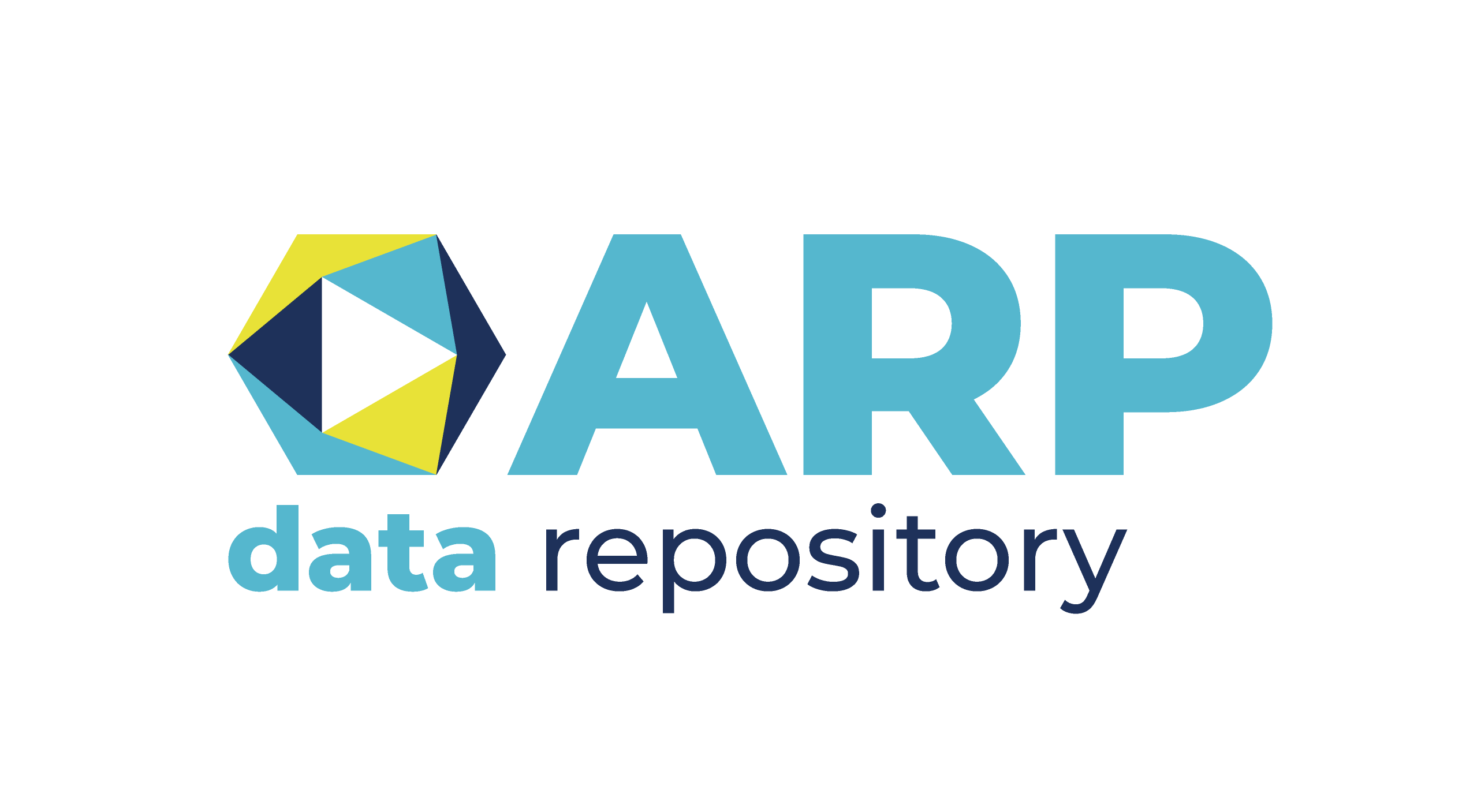Data and transparency: new trends in research practice
The importance of research data storage and sharing is increasing all over the word. In recent years, natural scientific journals have more and more required that the data underlying research findings have to be published as well. This process effects the practice of social scientific journals: now these journals increasingly require data that form the basis for publications to be shared as well.
In November 2014 the American Political Science Association (APSA) published an announcement pointing on that by 15 January 2016 the American Political Science Review, the American Journal of Political Science, the Comparative Political Studies, Political Analysis and the Journal of Conflict Resolution will require the authors of all scientific papers published in these journals to indicate the trusted repository where the empirical foundation of the publication is accessible. The range of journals is expected to increase.
A background report on the APSA announcement and other practical, historical and theoretical writings on research transparency can be found here. The announcement is the product of a long-term process in which the requirement of research transparency was formulated on the part of researchers and publishers as well. In the practice of the leading journals of APSA it has become problematic out of a research-ethical perspective that the majority of the research findings could not be repeated, the method of case selection and the analytic procedure were not transparent. Now, the research guidelines of ASPA include that the researchers have an ethical obligation to facilitate the assessment of their scientific claims. For this purpose, they have to make the data and the data creation process accessible, and the data analysis process must also become transparent.






 Látogasson el Facebook oldalunkra is
Látogasson el Facebook oldalunkra is